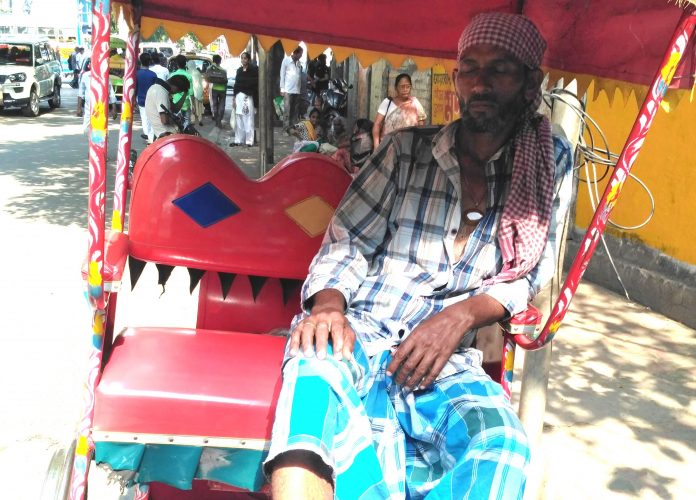By Mirza Mosaraf Hossain, TwoCircles.net
The period of Ramadan is a time of fasting for Muslims across the world. But it is also important to point that the act of fasting from dusk to dawn, every day, for a month is not always an option for many Muslims, especially for people who are the breadwinners of their family. When you have a family to take care and a job that requires an intense amount of physical activity, fasting might even feel like a luxury. Ask Akhtar Khan, a 54-year-old resident of Kolkata. Khan rides a rickshaw, and in his own words, “I cannot do fasting in this weather as I have to ride more than 50-60 km every day. The fasting of six members at my home depends on my daily earnings and if I also fast, they will not be able to afford a single meal.”
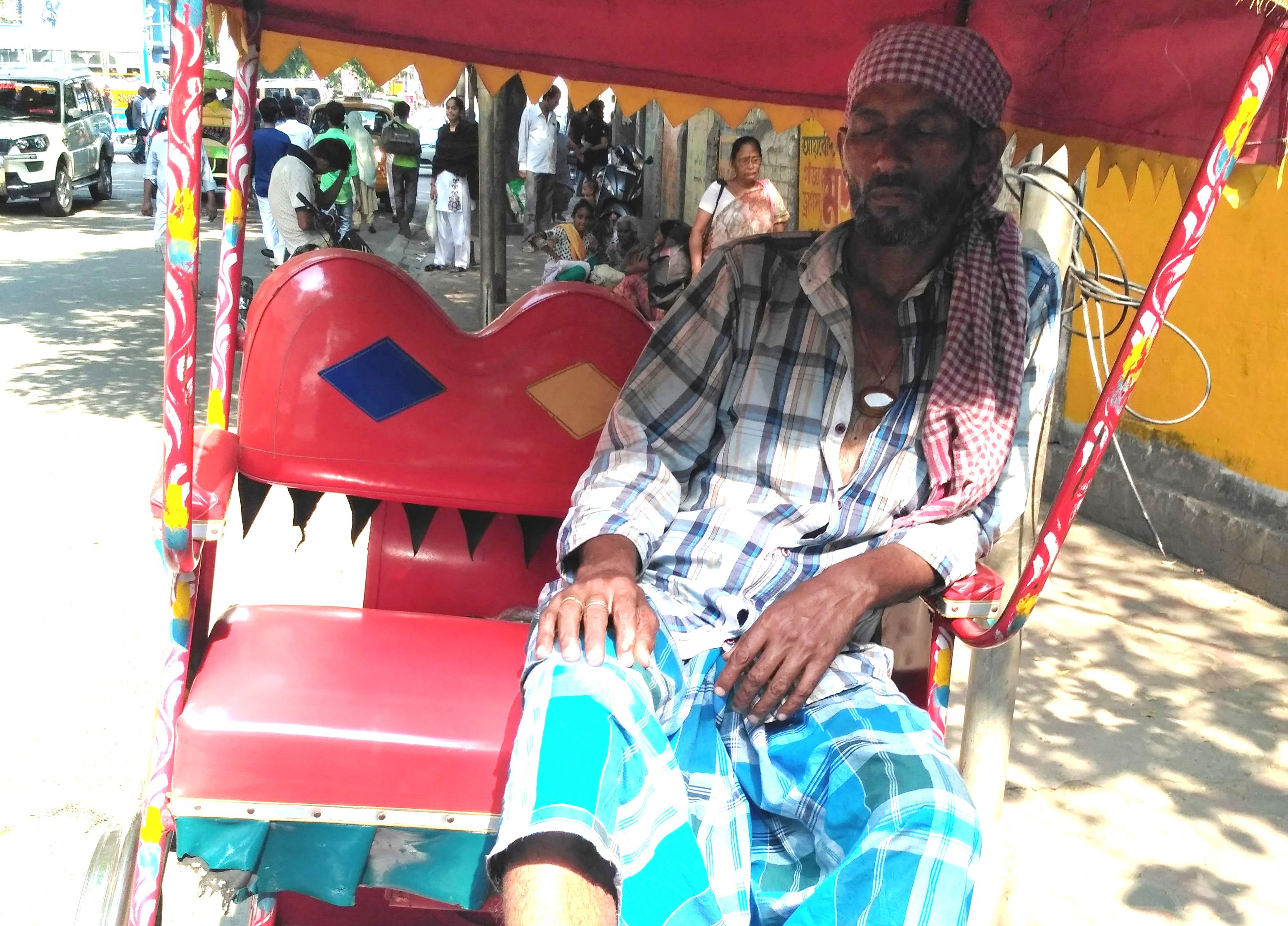
Of course, this is not to say that Roza is not on the minds of Khan as he works during the day. In fact, it was because of a great loss that Khan had to skip Roza. “I have been fasting since my childhood and could keep fasts even when I joined to work in a leather company in Topsia. I had my own business there, but when it had to be shut down I had no option but to ride a rickshaw to take care of my family”, he adds.
And it is also important to point out that there are several factors which have led to Khan not observing Roza. Take the rickshaw that he rides. If it was his, he would have been able to at least consider renting it out to someone else and survive on that money. But he doesn’t own the rickshaw. “I have to pay 70 rupees per day for this rickshaw. I earn between Rs 150 and 300 average per day, and I have to work every day; even if I am suffering from any disease”, Khan, who works in the areas of Chittaranjan Hospital, Topsia, Ripan Street, Phoolbagan, Loantala etc.
Khan knows that in an ideal world, he would have kept Roza like every other practising Muslim, and often thinks about the consequences of not doing so. “Allah might be upset at me since I am not fasting, but at the same He must be happy; due to me other six persons are able fast”, he says with a smile.
Originally from Bihar, Khan now lives a village near Baruipur, which is about 32 kms from Kolkata. He has three daughters and a son. Every day, he wakes up early in the morning; catches a train to reach Sealdah and from there he takes a bus to arrive in the area where his rickshaw is kept. “My daughters, son, daughter-in-law and my wife all are fasting. I wake them up at Sehari and after offering namaz I set out from home. My eyes fill with tears when I see that my child-like daughters are fasting and I am not”, Khan says.
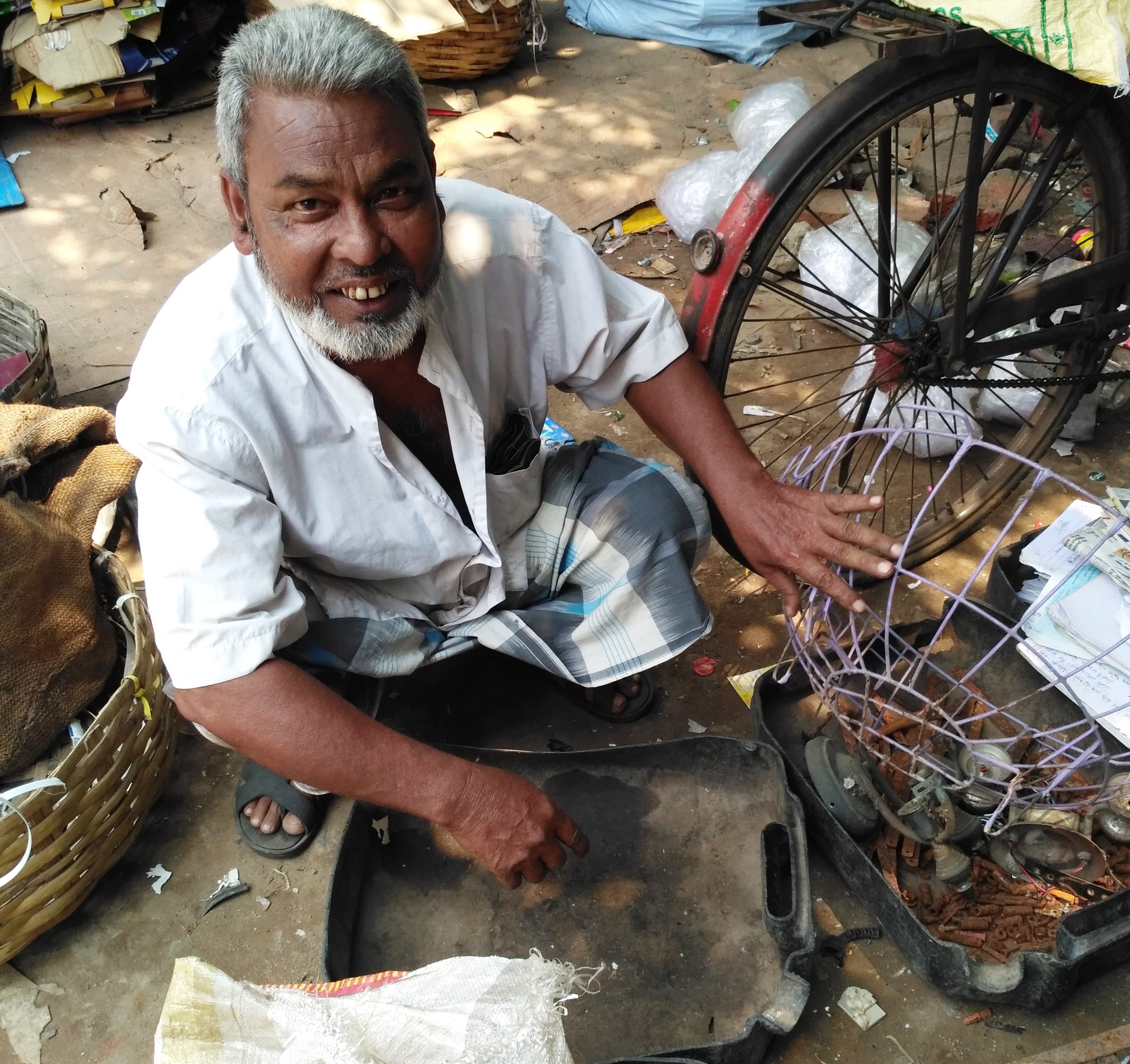
The case of Yusuf Mollah and Ramzan Mollah is similar to Khan. Yusuf Mollah is a 60-year-old hawker who recycles plastics, damaged iron, tin, broken glasses from Panapukur village of Rajarhat block, North 24 Parganas. He has to take care of his family of eleven members. “I did fast for seven days, but I had to leave it because I have to ride my cycle over 80 kms everyday under the scorching sun and it is not possible to do so without eating for someone of my age” Mollah says with regret.
Ramzan Mollah, a 68 years old hawker like Yusuf Mollah has to manage his family of seven members. He was forced to stop fasting after six days due to the excessive heat. “I kept my fast every year since I have been an adult, but this year I had to leave it as I travel on my cycle to far off under the scorching sun,” Ramzan said. He added that his three daughters, two sons and his wife are keeping fasting.
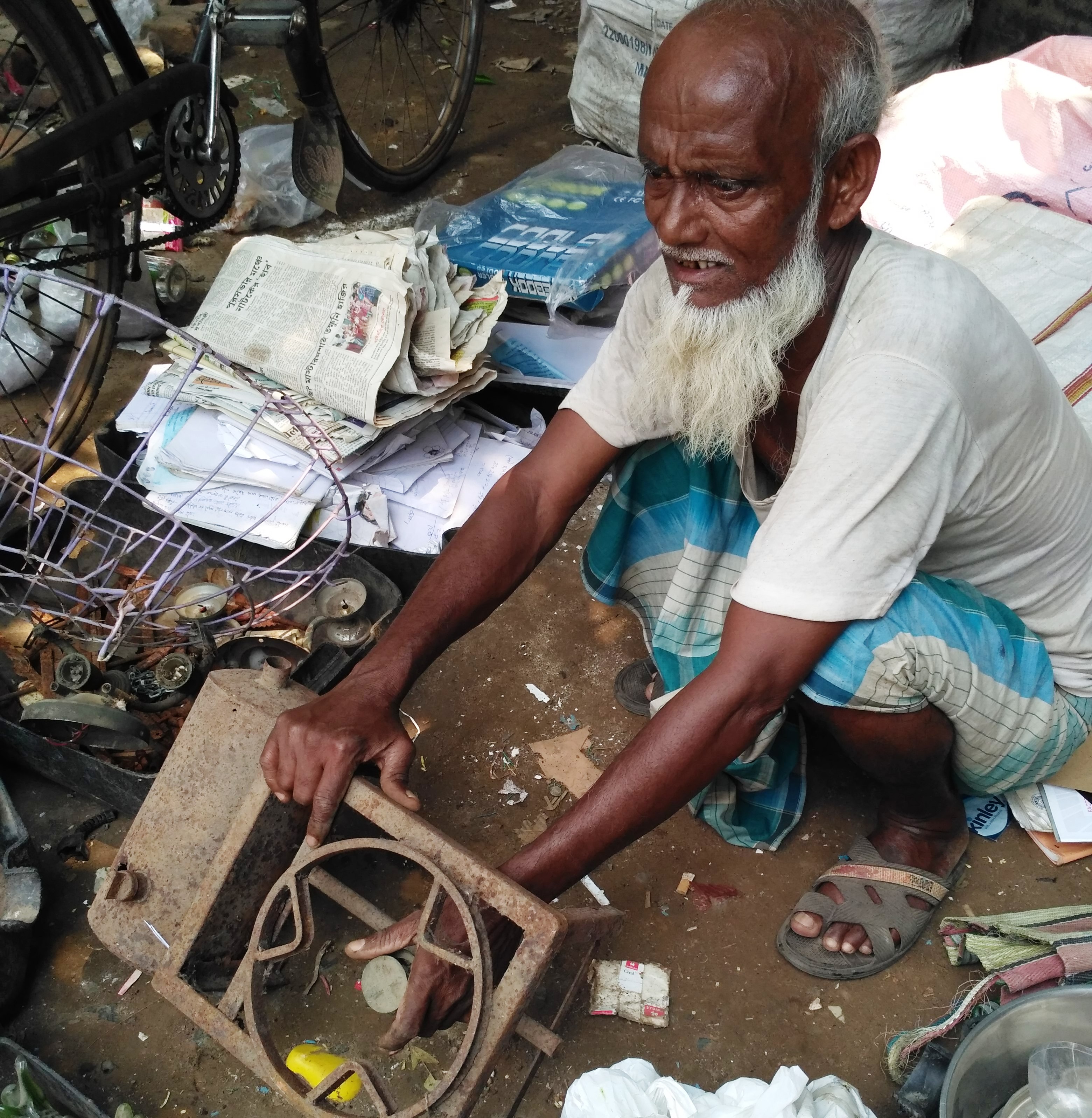
Adversity brings out the best in a human being. In the case of Ramzan Mollah, Yusuf Mollah and Akhtar Khan, the decision to not observe Roza is simply to ensure that their families have something to eat when they break their fasts.
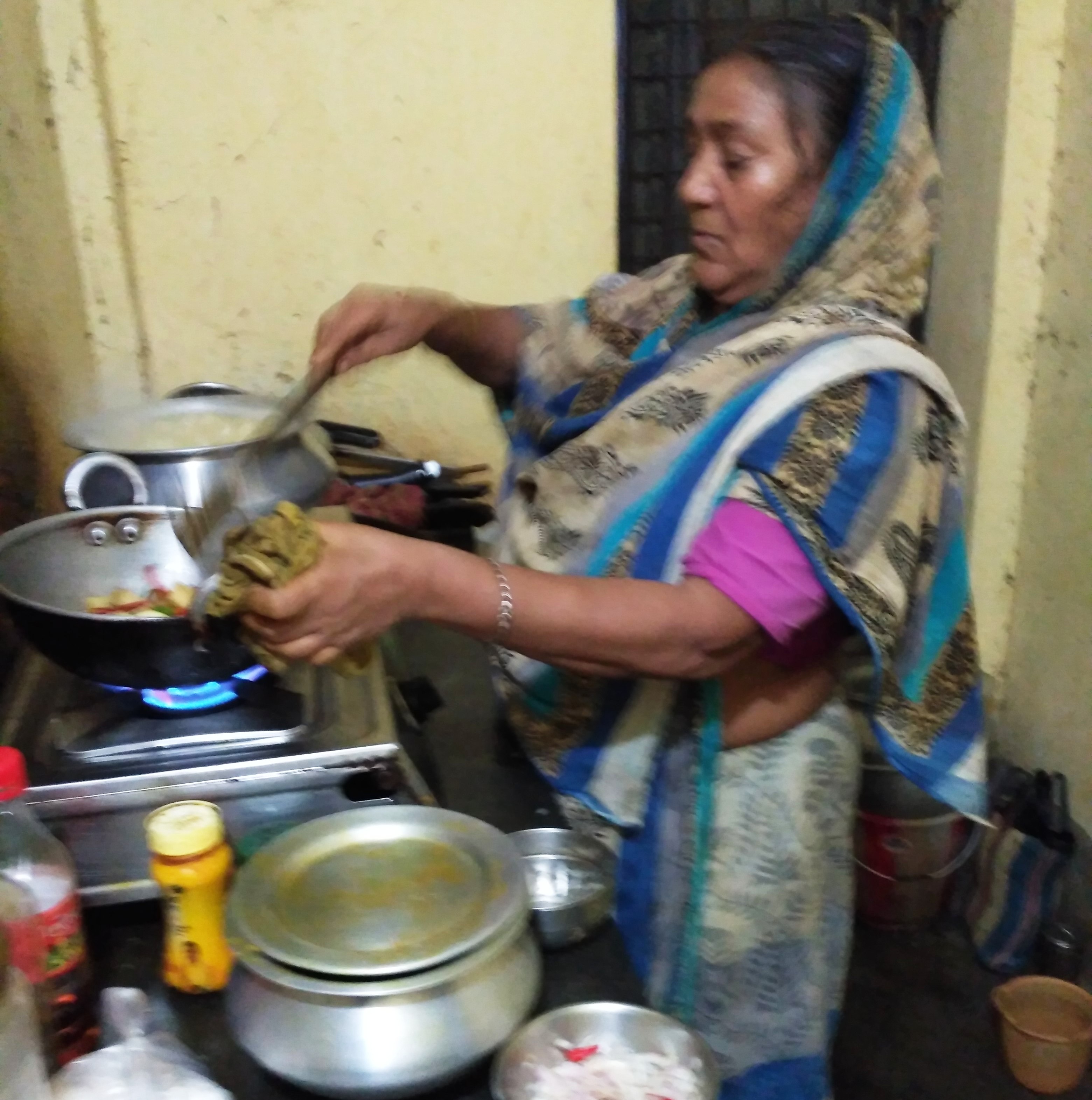
For Ajida Bibi, a 59-year-old widow working as a domestic help, fasting is an integral part of her life and hence, despite working from morning to evening in five homes, she continues to fast. These days, her day begins with offering Namaz and then having Seheri followed by working in all the homes before afternoon. In evening, she has her meal (Iftar) and then again goes back to the four homes to prepare meals. By the time she comes back, it is usually late at night. “I fast even after such toilsome routine of my life as it is part and parcel of the faith that I believe”, she says.
The case of 15-year-old Kerima Khatun is similar. Khatun, from Shankbaha village of Nanoor block, Birbhum, starts her daily journey after sehari and namaz at dawn. She attends her tuitions in a village which is about 3 kms away, returns home and then goes to school in another village which is about 2.5 kms away. After iftar, she attends another tuition in her village. But despite her schedule, she manages to observe her fasts. “From my childhood, I have witnessed my parents and uncles fast regularly and punctually. How can I avoid that?” Khatun says.


